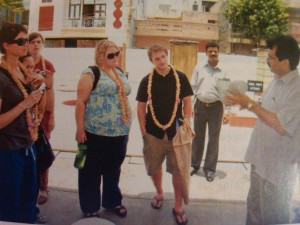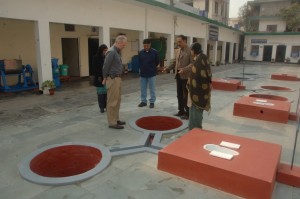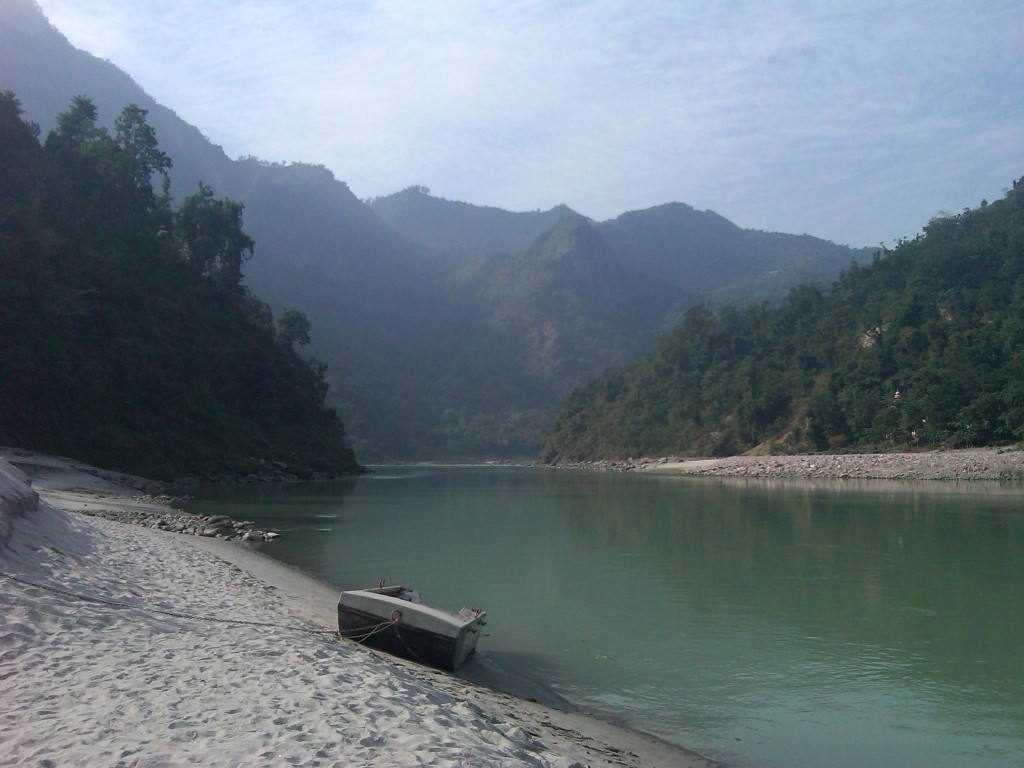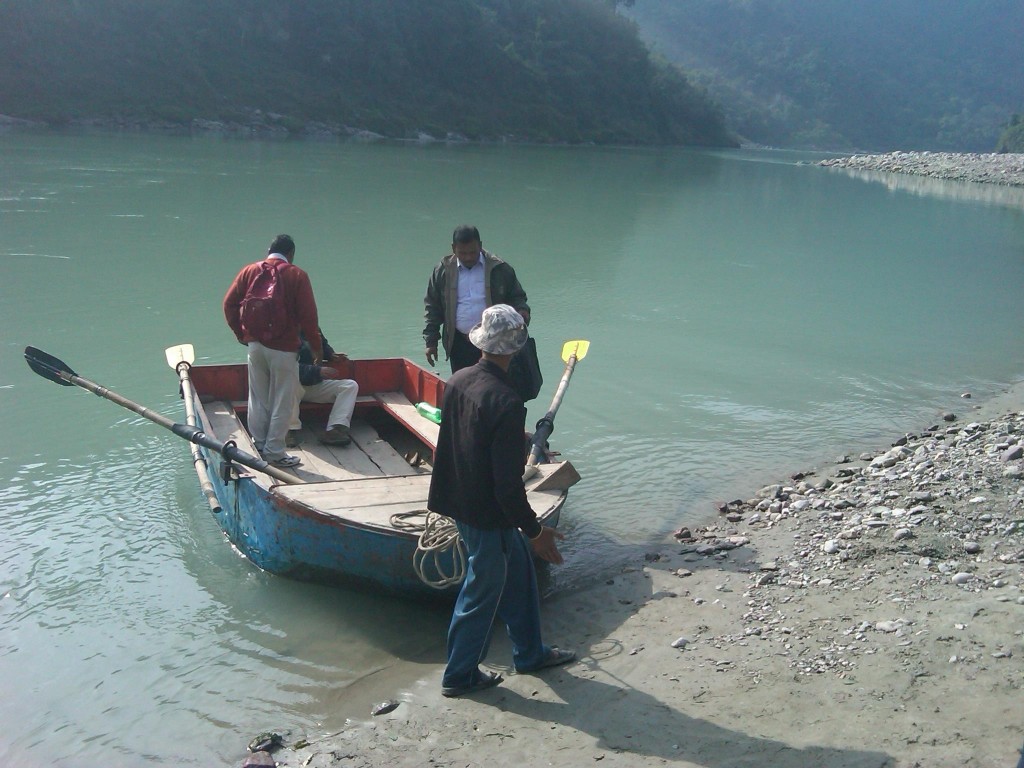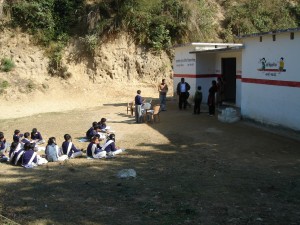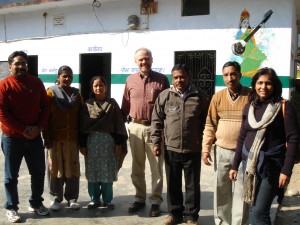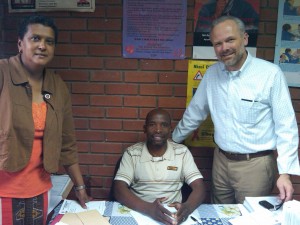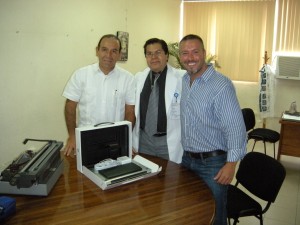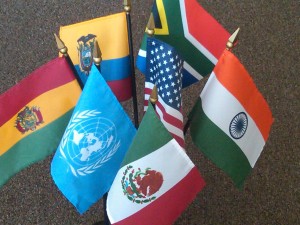Human waste is always a strange topic to talk about but it is clear that sanitation is one of the biggest public health challenges. The idea of a Toilet Museum may bring a laugh but I was introduced to an organization that, while understanding the lighter side of the issue, has taken this subject very seriously. “This is nothing short of amazing work,” reports CFHI India Coordinator, Hema Pandey, as she has made it an important part of CFHI’s Public Health and Community Medicine Program in New Delhi. Students also report that this experience is very enlightening to them. It is all the great work of an organization called Sulabh International, an NGO based here in New Delhi, that has for all practical purposes, solved a problem as old as the human race: how to effectively manage human waste. Moreover, they have done it in one of the poorest and most populated countries in the world. At the heart of it, was the desire to free the Scavengers, a caste of Indian society who, for as long as anyone can remember, were relegated to cleaning the excrement of others and carrying it in buckets on their heads, therefore being considered untouchable.
Sulabh is nothing short of a movement, started by Dr. Bindeshwar Pathak. Dr. Pathak’s outstanding accomplishments can be summed up in two areas, a new technology for waste management and a social revolution for more than a million people to whom society gave no hope for self-determination.
The technology is alarmingly simple. Sulabh’s design of a two-pit, pour flush toilet is an appropriate, affordable, environmentally sound, and culturally acceptable technology. Many United Nations groups including WHO and UNDP have recommended this technology for more than 2.6 billion people in the world. Essentially the pits are constructed in such a way that one side can be used and filled over about a three-year period. Once it is filled, you switch to the second pit. Over the next three years, the pit design allows for the natural breakdown of the waste in the first pit so that after the three year period, the pit can be opened revealing a dried substance with no harmful bacteria, that is 100% recyclable as a high qulaity fertilizer. This design is perfect for rural areas but Dr. Pathak has taken it to the next step by designing a process of dealing with large-scale public toilets. In this process, bio gas is generated in significant portions to power lighting, heating, cooking, and electricity.
Dr. Pathak is credited with changing the mindset of the Indian people about sanitation and the persons who were required to do the sanitation work. He has done this by example. He went to live among Scavengers learning the affects of the life they were considered destined to and thereby designing a social movement to raise them out of poverty and their unacceptable destiny. Sulabh has schools, training centers and successful assistance programs that are training former Scavengers for everything from light industry, to culinary and food service jobs, and all aspects of computer technology.
This is a terrific success story, making great progress for health as well as a wonderful human story, and one that definitely gets the attention of our students.

